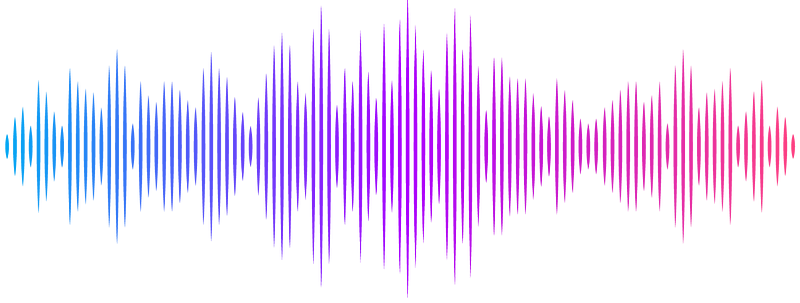Guided Data Augmentation for Offline Reinforcement Learning and Imitation Learning

Guided Data Augmentation for Offline Reinforcement Learning and Imitation Learning
Nicholas E. Corrado, Yuxiao Qu, John U. Balis, Adam Labiosa, Josiah P. Hanna
AbstractLearning from demonstration (LfD) is a popular technique that uses expert demonstrations to learn robot control policies. However, the difficulty in acquiring expert-quality demonstrations limits the applicability of LfD methods: real-world data collection is often costly, and the quality of the demonstrations depends greatly on the demonstrator's abilities and safety concerns. A number of works have leveraged data augmentation (DA) to inexpensively generate additional demonstration data, but most DA works generate augmented data in a random fashion and ultimately produce highly suboptimal data. In this work, we propose Guided Data Augmentation (GuDA), a human-guided DA framework that generates expert-quality augmented data. The key insight of GuDA is that while it may be difficult to demonstrate the sequence of actions required to produce expert data, a user can often easily identify when an augmented trajectory segment represents task progress. Thus, the user can impose a series of simple rules on the DA process to automatically generate augmented samples that approximate expert behavior. To extract a policy from GuDA, we use off-the-shelf offline reinforcement learning and behavior cloning algorithms. We evaluate GuDA on a physical robot soccer task as well as simulated D4RL navigation tasks, a simulated autonomous driving task, and a simulated soccer task. Empirically, we find that GuDA enables learning from a small set of potentially suboptimal demonstrations and substantially outperforms a DA strategy that samples augmented data randomly.